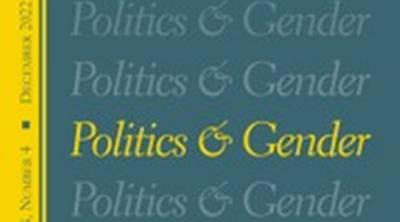Promoting women's rights in Afghanistan: a call for less aid and more politics
To NATO countries, promoting women’s rights in Afghanistan is often framed as a choice between committing to high levels of aid for gender-related activities and an uncompromising public stance vis-à-vis the Afghan authorities, or a realisation that women’s rights is an internal issue where outsiders can achieve little. Both these options are based on misguided assumptions. Attempting to “fast track” Afghan women’s rights in isolation from local politics will fail. But neither is it correct to assume that Western actions can have no impact. To the extent that Norway wants to make gender equality in Afghanistan a foreign policy priority, the most effective strategy is a comprehensive one. This means more attention to the negative effects of the international presence on Afghan feminist politics. It also means a long-term commitment. This commitment should not be measured in aid volumes, but in strategic support based on knowledge of civil society and Afghan politics more broadly.




